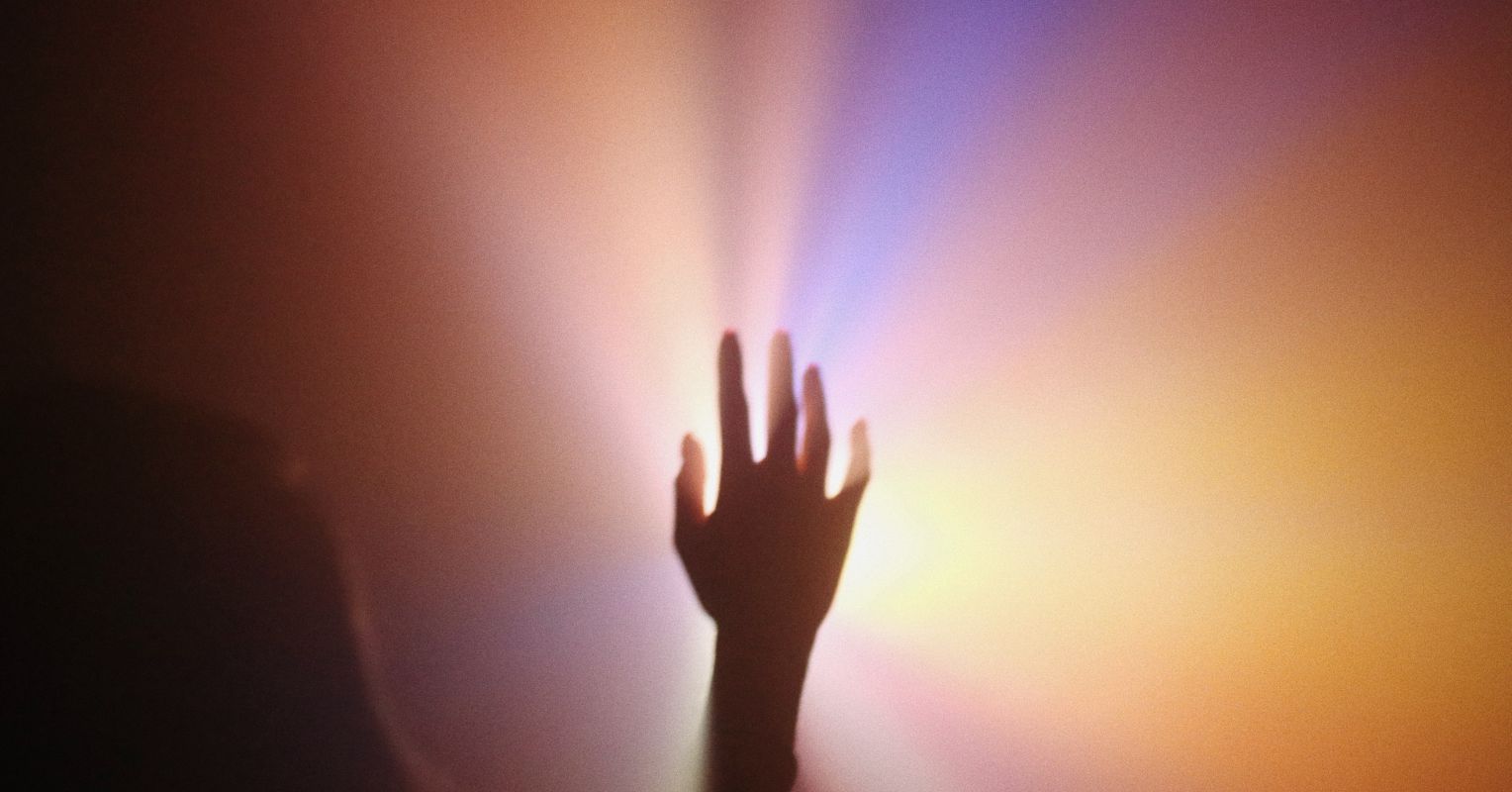
The Nine Muses of Greek mythology served as inspiration and guides for creation. They lived on Mount Olympus. They were worshiped by Parnassus, Boeotia, & Delphi. The Greek mythology referred to the muses as not only the goddesses and beauties of art and beauty but also the gods and scientists of the arts and sciences.
Nine goddesses from the sciences and arts
The Nine Muses are the goddesses of art, music, dance, science, and history. Each of the Nine Muses preside over a specific field of science or art and gives inspiration to those who invoke them. These goddesses have been inspiring writers and artists throughout history to create many works.
Hesiod, the Greek poet, was the first to name the nine Muses. Other writers soon followed his example. Hesiod mentions nine Muses in his writings: Clio Melpomene Terpsichore Thaleia and Melpomene. Each is associated with a different aspect or the sciences and arts.
They were the inspirators and guides to creation in Greek mythology.
The Muses, goddesses of Greek mythology, were responsible for inciting great poetry, music, and art. They were minor gods in the Greek pantheon. Although they were often seen in the background many ancient Greeks still remember and revere them. Some artists even claim the Muses instigated them to create their art.

According to Greek mythology, there was a second generation of Muses. One was from Delphi and one was from Sicyon. Plutarch says that Polymatheia was the name of one Sicyonian Musie. Another version states that Heliopolis had three Muses, each named after a different aspect or art.
They lived on Olympus
The Muses lived on the mountain of Olympus, and were overseen by Apollo, the god of music. They performed at the feasts that were held by the gods. Their status was so important that anyone who tried to challenge their skills was punished.
The Muses were the creators in Greek mythology of music and arts. Their names were derived from Greek and meant "giver of pleasure." They created the two-pipe flute and double-flute. These instruments are still in use today and provide great entertainment.
They were venerated in Boeotia, Delphi and the Parnassus
The Muses were gods associated with the arts. They were worshipped by the Boeotia, Delphi, and Parnassus, which were where they were enshrined. They were associated with Aphrodite in ancient Greece and the Eleusinian Mysteries. Their patronage of festivals was reflected in the ancient vase paintings. However, there were many other goddesses who were revered in Greece, including Thaleia, the goddess of banqueting, and Artemis, the goddess of the sun.
The Parnassus limestone mountain is located in central Greece. It is surrounded in dense forests and is considered the highest point on the island of Greece. It was also sacred, as the Delphic Oracle was found here. This mountain was the setting for many myths and festivals, and it was venerated by the Muses.

They were punished by anyone who challenged them in their skills
Muses are goddesses that ruled Olympus. They also came to earth to celebrate marriage and mourn death. They were highly respected and punished for anyone who challenged them. Anyone who tried to undermine the Muses' performance was also punished.
According to Greek mythology, the Muses were daughters of Zeus and the Titaness Mnemosyne, who is the Goddess of Memory. Two ancient lyric poets have claimed that the Muses were the daughters of Uranus, Gaea, and the other claim is false. This led to disagreements between later authors who tried to reconcile both stories.